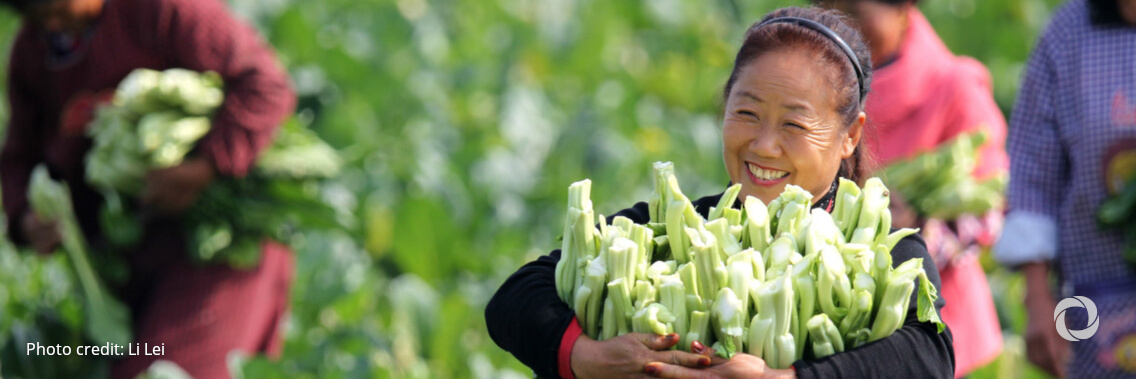The UN’s International Fund for Agricultural Development (IFAD) and the People’s Republic of China is launching the Hunan Rural Revitalization Demonstration Project (H2RDP) to increase the profitability of specialized agricultural production and increase economic vitality in targeted rural areas of Hunan province – and to support vulnerable rural households to boost their livelihoods and resilience.
In China, over recent decades the active workforce has been migrating from rural to urban areas in search of better wages and a larger variety of benefits and income-generating opportunities. This mass migration has left rural areas with a depleted workforce and a low level of interest in farming as a viable income pathway. Rural areas urgently need revitalization, investment, and a younger generation of farmers interested in developing the agriculture sector and taking an active part in a renewed rural economy.
Though China has declared eradication of extreme poverty in 2020, households in remote rural areas continue to be vulnerable. Hunan province hosts a large share of these households. In 2020, the average income in rural areas of Hunan was merely 40 percent of the average income of those living in urban areas in the province.
“With this project, IFAD will support China in piloting innovative approaches to revitalizing rural farming communities: develop inclusive private sector investment models that generate new and diversified income opportunities; help young people and women start their own businesses, and modernize a widespread farmer training program that is inclusive of youth and women,” said Matteo Marchisio, IFAD China Country Director.
H2RDP aims to contribute to China’s Rural Revitalization Strategy adopted by the Government in the context of its post-2020 development pathway.
The project will also develop and implement a climate-resilient public infrastructure plan. This component of the project is to address gaps in rural infrastructure that may limit or constrain the implementation of project activities. It will reduce the risks and impacts associated with changing weather and climate conditions and stimulate more sustainable climate-resilient agricultural production.
The project will boost women’s economic empowerment and address some of the root causes limiting women’s equal access to resources and economic opportunities. IFAD’s sister UN agency, UN Women, will work closely with project staff on the ground to tackle these issues.

